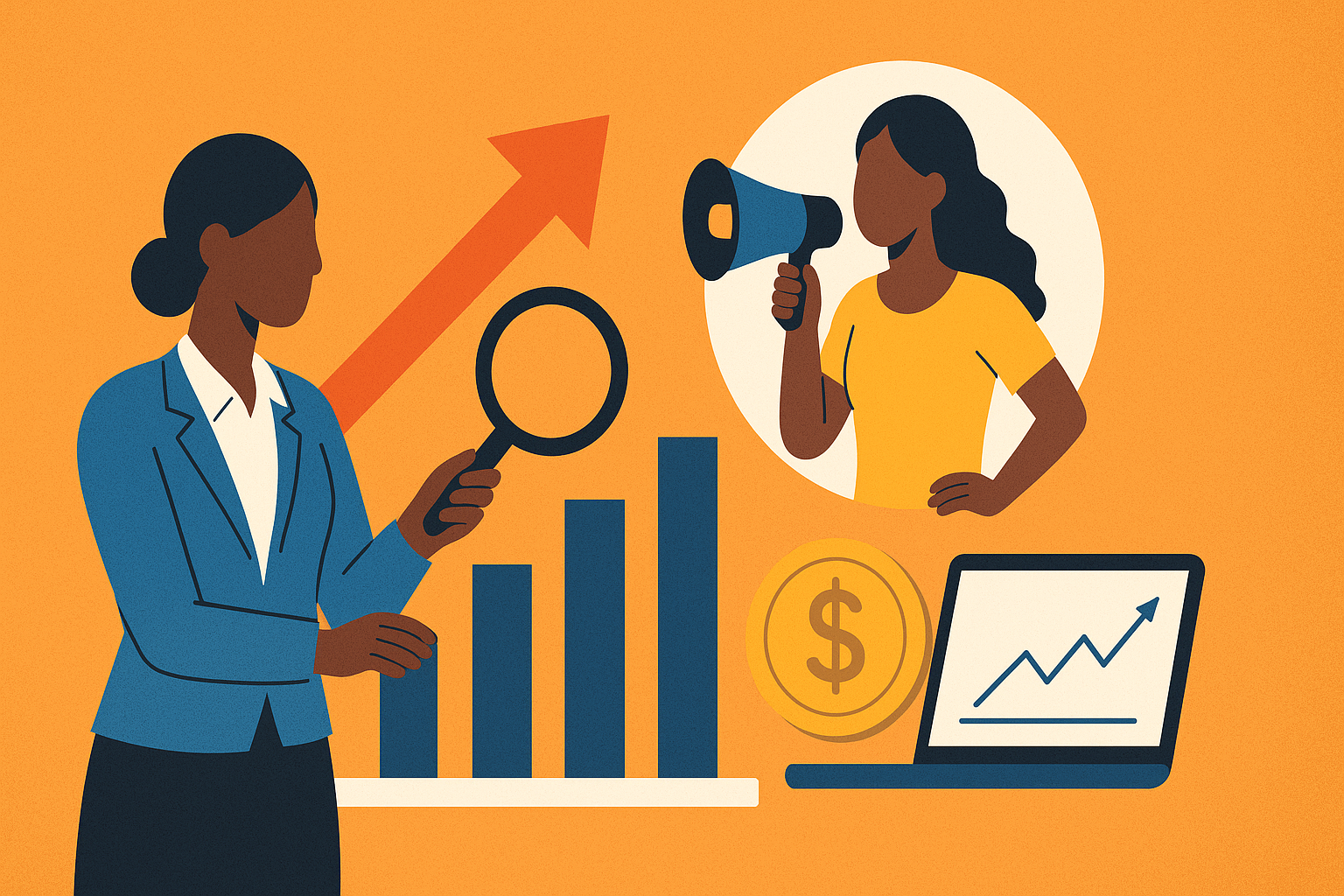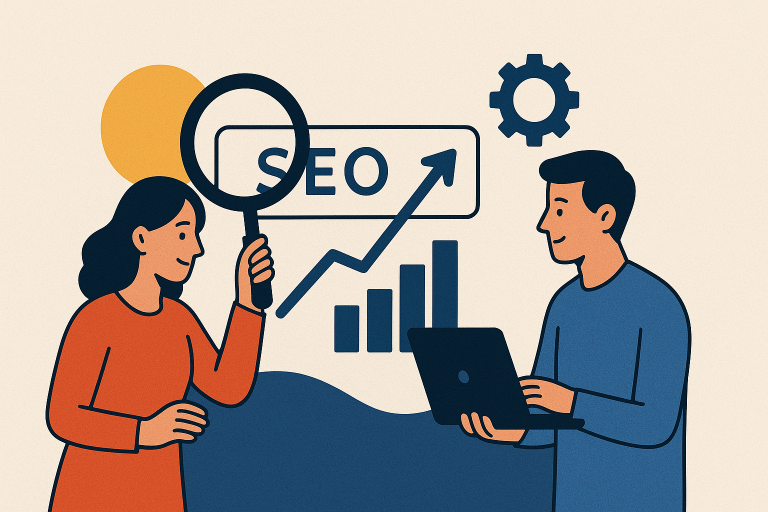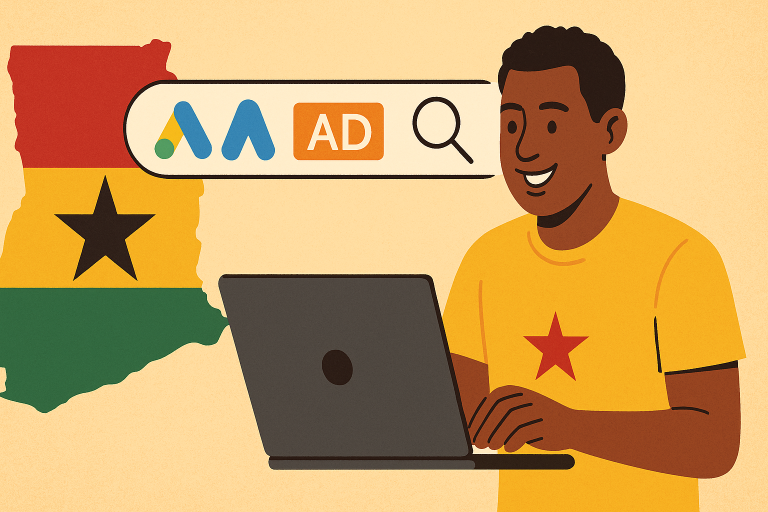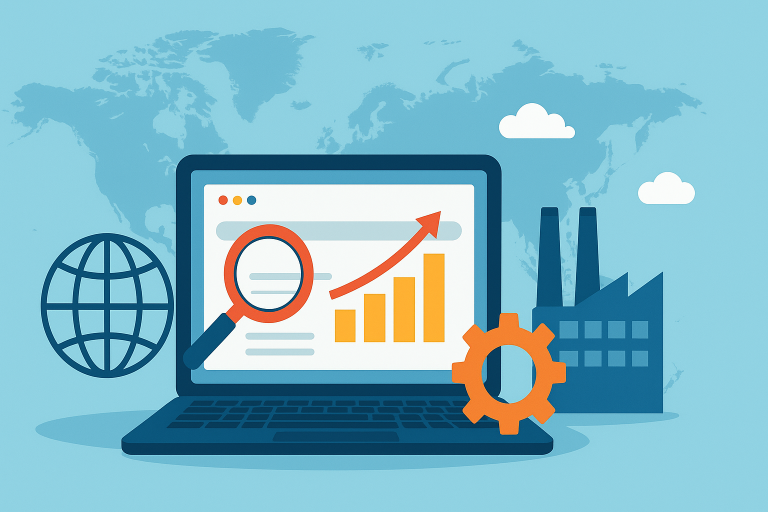How to Measure ROI of Influencer Marketing
Marketing in Nigeria and beyond has taken a new shape. People no longer rush to buy products just because of a glossy TV ad or a giant billboard on the highway. What really drives decisions today is trust. Buyers listen to voices they connect with, and this is where influencers come in. From Instagram fashion creators setting trends to TikTok stars making everyday products look exciting, influencer marketing has become one of the smartest ways for businesses to win attention and build real customer loyalty.
But as with every investment, businesses want to know if influencer marketing is worth it. They ask, how do we measure the return on investment? ROI in influencer marketing is not just about likes or comments. It is about checking if the campaign truly delivered results that matter to your business. Did it increase sales, build awareness, or strengthen trust? That is the real measurement.
To understand this better, let’s break it down step by step.
What is Meant by Influencer Marketing?
Influencer marketing is when a brand partners with individuals who have a strong presence online and the power to influence their audience’s decisions. These influencers could be celebrities, content creators, or everyday people who have built trust with their followers.
The main idea is simple: people listen to people they trust. If an influencer recommends a skincare product, their audience is more likely to try it than if they only saw a generic advert. That trust is what makes influencer marketing so powerful in Nigeria, where social media drives culture, conversations, and buying decisions.
Best Examples of Influencer Marketing
Some of the best influencer campaigns in Nigeria show just how effective this strategy can be when done right.
For example, fintech apps have used lifestyle influencers to introduce young Nigerians to digital banking. Instead of just telling people about features, influencers show how the app makes everyday life easier. Similarly, fashion brands collaborate with Instagram influencers who wear their clothes in relatable settings, encouraging followers to buy the same look.
Globally, brands like Nike, Coca-Cola, and Apple have also built good influencer campaigns, but in Nigeria the difference is relatability. A local influencer who speaks the same slang, understands the culture, and shows the product in real-life situations can sell out stock faster than a celebrity endorsement.
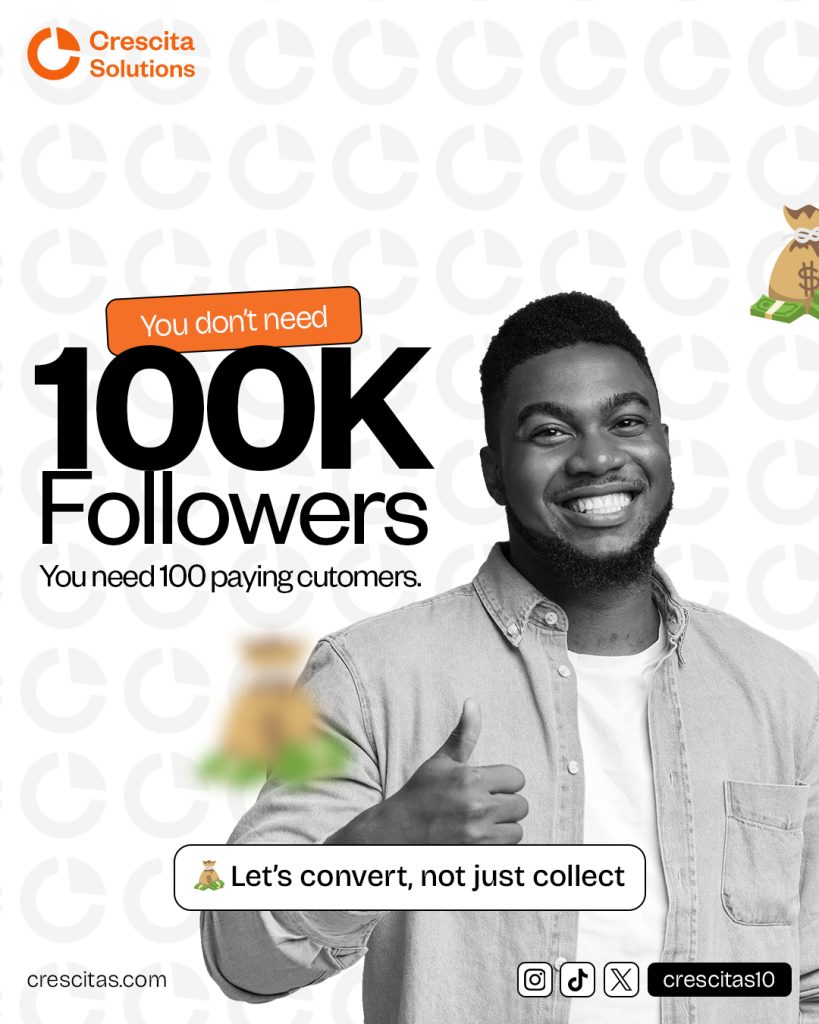
What is Influencer Marketing Strategy?
Having a strategy is what separates random influencer shout-outs from real campaigns that deliver ROI. An influencer marketing strategy defines how a brand chooses influencers, sets campaign goals, and measures outcomes.
The first step is deciding the purpose of the campaign. Do you want to build awareness, generate leads, or increase direct sales? After that, you select influencers whose audience matches your target customers. For example, a food brand may work with lifestyle vloggers or TikTok creators who make cooking content.
Next, the messaging and creative direction should align with both the brand’s values and the influencer’s style. People can spot forced content easily, so campaigns must feel authentic. Finally, you track the performance through measurable outcomes such as reach, engagement, traffic, and sales.
Types of Influencer Marketing
Influencer marketing comes in different forms. Some of the common types include:
- Sponsored Content: The influencer creates posts, videos, or stories featuring your product or service.
- Affiliate Marketing: Influencers share unique links or codes where they earn a commission when followers buy.
- Product Seeding: Brands send free products for influencers to use and review.
- Brand Ambassadorships: Long-term partnerships where influencers consistently represent a brand.
- Giveaways and Contests: Influencers host competitions with your product as the prize, boosting engagement and visibility.
Each type comes with different benefits. Sponsored content may build awareness, while affiliate marketing is easier to track for direct sales. A brand’s choice depends on their budget and campaign goals.
What are the Benefits of Influencer Marketing?
The benefits of influencer marketing go far beyond likes and comments.
- Authenticity: People trust influencers because they feel real and relatable.
- Targeted Reach: Instead of wasting money on broad ads, you reach exactly the people interested in your product.
- Increased Sales: A trusted recommendation can push customers to make quicker buying decisions.
- Brand Awareness: Influencers expose your brand to audiences who may have never heard of you before.
- Long-term Loyalty: When done well, influencer campaigns build lasting trust between customers and your brand.
This is why many Nigerian businesses, from tech startups to beauty brands, now include influencer marketing as part of their long-term growth strategy.
TikTok Influencer Marketing
TikTok has become one of the fastest-growing platforms in Nigeria, especially among Gen Z and younger millennials. Unlike Instagram or Twitter, TikTok focuses on short, engaging videos that can go viral quickly.
TikTok influencer marketing works well because it feels natural. People are not looking for polished adverts. They want funny skits, creative storytelling, and trends they can relate to. For example, a fashion brand can sponsor influencers to showcase outfits through trending TikTok challenges. A food brand can have influencers make quick recipe videos using their products.
The virality of TikTok makes it easier for brands to get massive exposure in a short period. Measuring ROI here can be done through engagement rates, hashtag views, clicks, and eventual conversions.
Influencer Marketing Conversion Rate
One of the best ways to measure ROI is by checking the conversion rate. This shows how many people took action after seeing an influencer’s content. For example, if an influencer shares a product link with 10,000 people and 500 people buy, that is a 5% conversion rate.
Conversion can mean different things depending on the campaign goal. It could be purchases, sign-ups, app downloads, or website visits. By using trackable links, discount codes, or analytics tools, brands can measure how well influencer campaigns perform compared to other forms of advertising.
Best Social Media Influencer Marketing Agency
Not every brand has the resources to manage influencer campaigns on their own. This is why many companies work with agencies that specialize in influencer marketing. These agencies already know how to select the right influencers, negotiate partnerships, design campaigns, and measure ROI.
Among the agencies in Nigeria, Crescita Solutions stands out as the best social media influencer marketing agency. Our strength lies in blending creativity with strategy. Crescita also ensures campaigns are data-driven, which means brands can clearly measure the ROI of their investments. For businesses that want to grow visibility and also see real results, Crescita offers the perfect balance.
Measuring ROI in influencer marketing is not about chasing vanity metrics like likes or views. It is about understanding what matters to your business and checking if influencer campaigns deliver that value. Businesses in Nigeria can maximize the full potential of influencer marketing by focusing on clear goals, choosing the right type of campaign, and working with trusted agencies like Crescita Solutions. Brands that measure results properly do not just run campaigns for hype. They build strategies that bring awareness, sales, and long-term trust.

